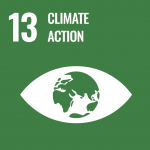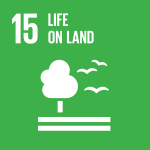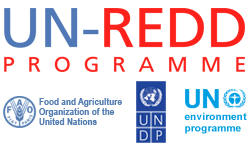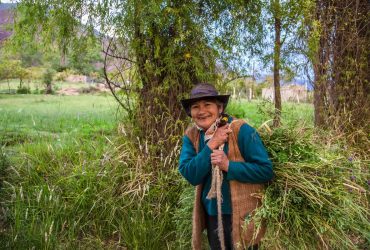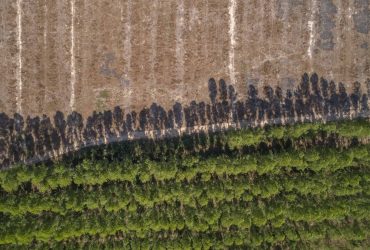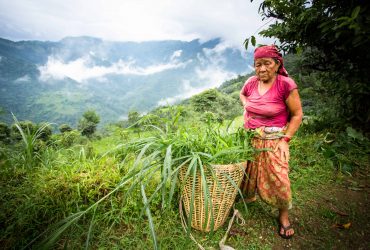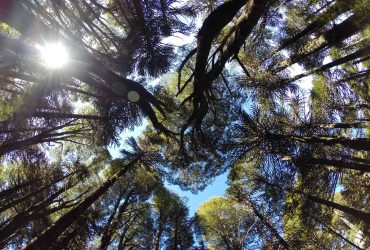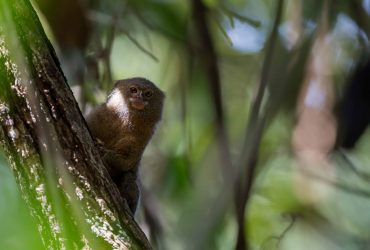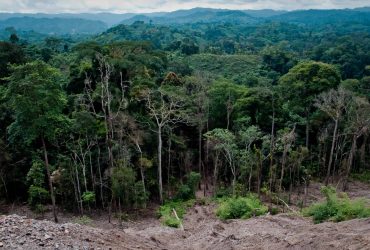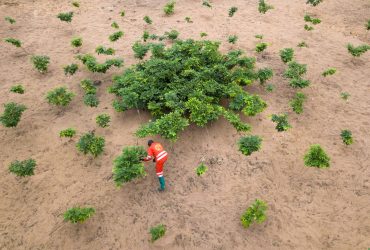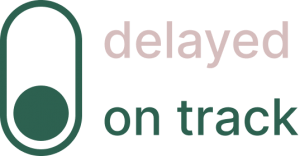


Forest Solutions Realized: In 2022, UN-REDD TA supported the country by designing an approach for high integrity Measurement, Reporting and Verification (MRV) compliance with emerging carbon accounting standard requirements. The MRV progress made in 2022 comprises the development of an interpretation key, the assessment of a target sampling intensity, the testing of an ensemble approach combining multiple time-series analysis algorithms, the creation of a forest mask (a spatial layer identifying where the likelihood of the occurrence of forest is highest) and the updating of a spatial layer with forest plantations.
Moreover, Uganda also made great and significant progress to finalize Warsaw Framework elements by working to complete its SIS by having a webpage and submitting its first summary of information (SoI) to the UNFCCC. Following this achievement, the programme also helped national counterparts on data gathering to identify gaps and complete a TREES safeguards assessment for the country. The scope of such work focused on updating the template to gather data in order to include information needed to show conformance with TREES indicators and to complete the TREES safeguards assessment with new information. This work is still ongoing and is expected to be completed in the first quarter of 2023.
Forest Solutions Rewarded: To enable the country to mobilize $5 billion from Results-based Payment schemes, carbon markets and/or other transactions under Article 6 of the Paris Agreement, the country’s accredited entity submitted a GCF RBP concept note with support from UN-REDD to the GCF Secretariat in March, 2022, in order to be ready for a potential phase two of this GCF window. In addition, with support from UN-REDD and informed by initial results from the time-series analysis, Uganda submitted a TREES concept note in December, 2022.
To guide the country in this approach of accessing carbon markets and to have a more global picture on the topic, UN-REDD TA also supported the design of a diversified strategy to access REDD+ Results-based Payments from both market and non-market sources. This report examined the current and evolving Results-based Payment schemes, exploring key issues for Uganda to access these schemes and to maximize revenues for forest and land use mitigation actions. This allowed Uganda to identify possible gaps needing to be filled, together with a strategy and a roadmap of key actions. These would need to be fulfilled in order to be in a strong position to access these results-based financing schemes.
Despite not being included in the 2022 workplan, UNDP worked closely with national counterparts on the Uganda Climate Change Act. This defined climate change mechanisms as tools to deliver the NDC commitments and boost climate ambition.
To further target the objective of the National Climate Change Act (2021), and in accordance with the mandate of the Ministry of Water and Environment, a National Task Force on Climate Change Mechanism was inaugurated in August, 2022. The task force is composed of representatives from relevant government ministries, departments and agencies, the private sector, academia, and civil society. The overall objective of the task force is to provide technical support expertise to support the design and operationalization of the climate change mechanisms defined in Section 9 of the National Climate Change Act.
The task force also met in September, 2022 to learn more about carbon markets, the key areas to be considered including integrity, standards, accounting, Article 6 architecture and the possible options for Uganda. A roadmap was developed and will include a framework and guiding manual for carbon market mechanisms. In addition, through partnerships with the different agencies, such as the UNFCCC RCC, UN-REDD, GIZ and others, UNDP plans to support further capacity building for the task force.
Similar to previous years, the COVID-19 pandemic continued to disrupt national and field processes, as well as the ability of the UN-REDD Programme to provide timely and qualitative technical assistance to the country. In-country missions happened in 2022 as Uganda remained active in its endeavours, and UN-REDD used digital means and in-country experts to keep the mentioned streams active.
Uganda established a technical working group with different actors (including CSO representatives and local communities) to deliver on REDD+. The Ministry of Water and Environment (MWE) and the National REDD+ Focal Point organized some consultations to gather information and inputs in order to support REDD+ implementation and to start discussions on ART-TREES. Women were also represented in these consultations, following UN-REDD guidance.
UN-REDD ad hoc work carried out in 2022 benefited from the partnership with the Ministry of Water and Environment (MWE) and the National REDD+ Focal Point. The Focal Point within the MWE played an important role in coordinating closely with the UN-REDD team and all members within the working group in providing contents and consolidating inputs. UN-REDD, through FAO, also established a partnership, though not formal, with GCF when submitting the concept note.
REDD+ activities in Uganda contribute directly to achieving SDFs 13 and 15, with linkage to other SDGs such as poverty reduction, health and well-being, gender equity, hunger alleviation and improving institutions.
